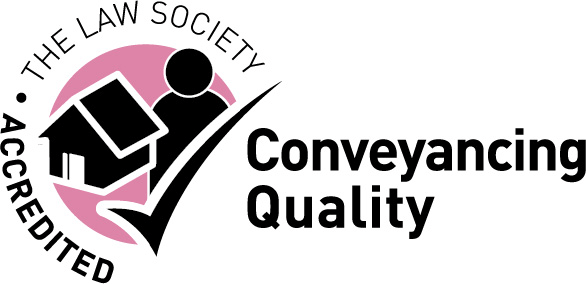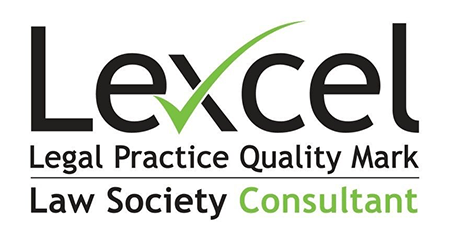Call the team NOW
Call the team NOW
I have a Will... so a Grant of Probate isn't needed, yes?
Wrong! A very common misconception is that if a person has a Will a Grant of Probate isn't needed when they die. Sometimes a Grant of Probate isn't necessary but it is not in any way dependent on whether or not the Deceased left a Will.
It is of course important to make a Will, whether or not you have a very simple family situation or a more complex family situation such as that which arises from second and indeed subsequent marriages. A correctly drafted and executed Will is a document setting out the wishes of the Testator (the person making the Will). Ideally, the Will should be drafted by a solicitor with experience in Will drafting and Probate matters, who will ensure all necessary matters are covered in the Will. You will be asked to appoint two Executors if possible. (An Executor is a person appointed to look after matters following death, and ensure that your wishes are carried out).
Once the Will is executed (signed by the Testator and properly witnessed), it is usually kept in safe storage. At Marshall Hall Levy we provide free safe storage, and can also store other documents free of charge, such as property deeds. In the UK there is presently no requirement to register Wills during the lifetime of the Testator, so it is especially important that your Will is kept safely at this stage.
After a Testator's death, the Executors will normally contact the solicitor who holds the original Will, to discuss Probate matters. In the case where the Deceased held a modest amount of savings and did not own their own home or any other property, a Grant of Probate may not be necessary. This is because the banks generally take a practical approach and will release the contents of any bank accounts to the Executors on an informal basis. It will usually be necessary for the Executors to make a Statutory Declaration to the effect that they will deal with the Deceased's estate in accordance with the Will. This will be declared in front of an independent solicitor who will make a small charge for the Oath.
What constitutes a modest amount of money varies from bank to bank, but generally a Grant of Probate will not be necessary where the Deceased's estate does not exceed approximately £10,000. Apart from in this specific situation, a Grant of Probate is usually necessary. For instance, if the Deceased owned their own home and the property is to be sold or transferred to a family member a Grant of Probate will be necessary even if the Deceased had very little in the way of savings. If the Deceased did not own their own home but had savings in excess of £10,000 a Grant of Probate will usually be necessary.
A Grant of Probate is issued by the local District Probate Registry, and is essentially a document which gives power to the Executors to sign on behalf of the Deceased to transfer the Deceased's property, close a bank account or sell shares or investments etc. An application must be made to the District Probate Registry, sending the Will and other supporting documentation. The Will is checked by the DPR and they issue the Grant of Probate in the name of the Executors who have made the application.
Once the Grant of Probate has been issued the Executors then have the legal power to sign documentation to transfer property and close bank accounts etc. It will be necessary to produce a copy of the Grant of Probate to the bank or other financial institution, who will then release funds to the Executors to distribute in accordance with the Deceased's Will.
The probate process can be very confusing and I hope that this article is helpful to the extent that it clarifies that it is ALWAYS a good idea to make a Will and sets out the most common circumstances in which a Grant of Probate will be required.
Saville Chambers
63 Fowler Street
South Shields
Tyne & Wear NE33 1NS
YOUR INFORMATION
If you provide us with any personal data while using this website we may use it to provide you with any information or services you have requested. We may also use it for any other purpose for which you give your consent. For example we may send you additional information about the firm or its services, if you have consented to us doing so.
Marshall Hall Levy does not accept service of proceedings by way of fax or email.
Marshall Hall Levy Limited T/A Marshall Hall Levy (company no. 05799802).
Authorised and regulated by the Solicitors Regulation Authority (SRA) No. 658178
All Rights Reserved | Marshall Hall Levy








